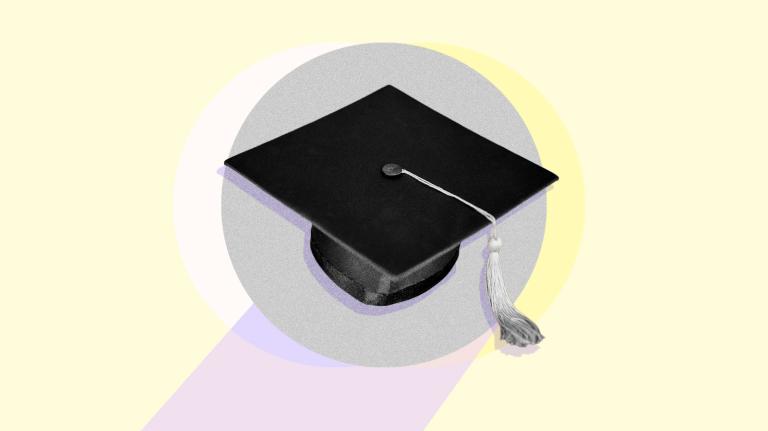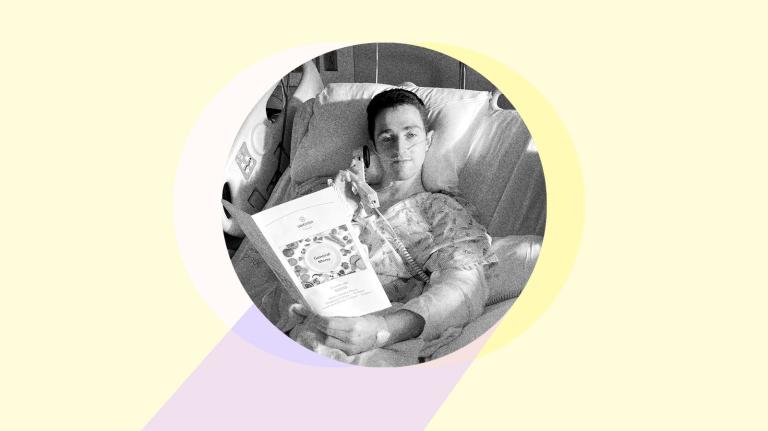This essay was first published in our semi-weekly newsletter, Climate in the Time of Coronavirus, which you can subscribe to here.
I applied to work at Grist in the early days of the COVID-19 pandemic and its economic fallout, just over a month after being laid off from my last job.
The lost income meant I had moved back in with my parents, who live a few blocks away from my old apartment. All the interviews, including those with Grist employees in my own city, took place over Zoom. To get a decent connection for the first round of interviews, I had to beg family members to keep it down and restart my parents’ router several times. Now I’m the environmental justice fellow at Grist, but I am nevertheless still burrowed in a corner of my room even as I type this essay.
After good job interviews in the past, I’ve practically floated over New York City’s (formerly) crowded sidewalks to the train station to head back home. Even though the Grist interviews obviously went well and the job involves topics I’m passionate about, the process felt different. There were no handshakes, no in-person introductions. Since accepting, I’ve learned how to execute new procedures through screen-sharing and a lot of detailed instructions over Slack. Leaving work is the equivalent of signing out of an app.
The whole experience isn’t necessarily harder, but it’s different. And it makes work feel a little lonelier.
Granted, I consider myself lucky to be able to work from home while family members who own small businesses either lose money by staying closed or have to risk their own health by opening up again to stay afloat. When I was applying to jobs in that corner of my parents’ house, all I could hear outside on the streets of Queens were sirens. I managed to avoid catching the virus, as far as I know, but it was a reminder just how many in my community were not spared.
Now I’m a few weeks into my new job at Grist. I’ve gotten used to my new remote routine of calling and emailing sources, attending online panels about extreme heat, or the intersection between race and COVID-19. I’ve gotten to know my team through video calls, Slack messages, and phone conversations. It has been a lesson in working together and learning to write in-depth articles about the climate crisis without sitting down with my editor and coworkers in person.
While this can make reporting more difficult, it does mean less commuting, fewer cars on the road, and less flying. As an environmental journalist, it’s hard to object to that. I know that less traveling means not just less COVID transmission, but also less pollution. And I’m grateful to be part of a team that understands the urgency of reporting on pollution, race, and the pandemic (and how those issues are all connected). My COVID experiences are part of what fuels my reporting here at Grist.
But I have to admit, there are times I still miss my crowded subway station.



